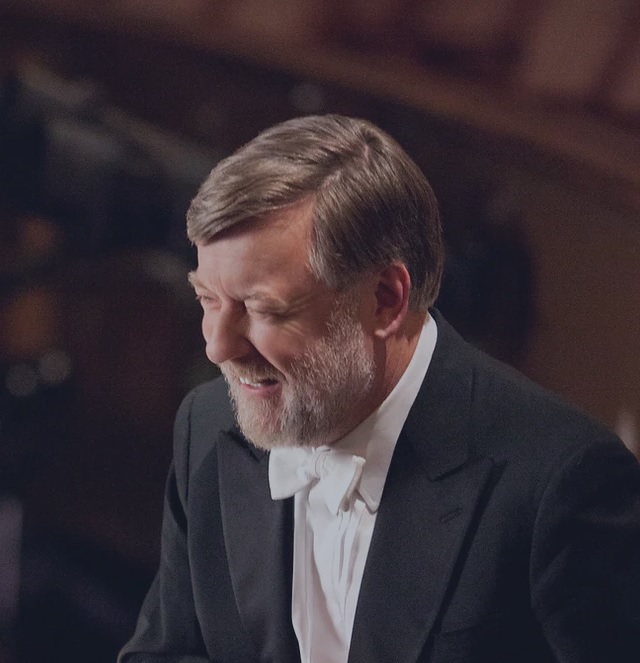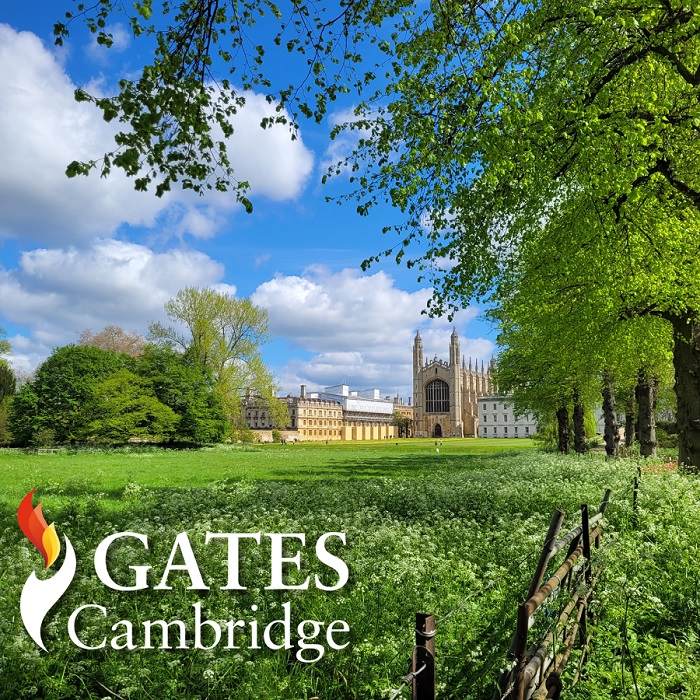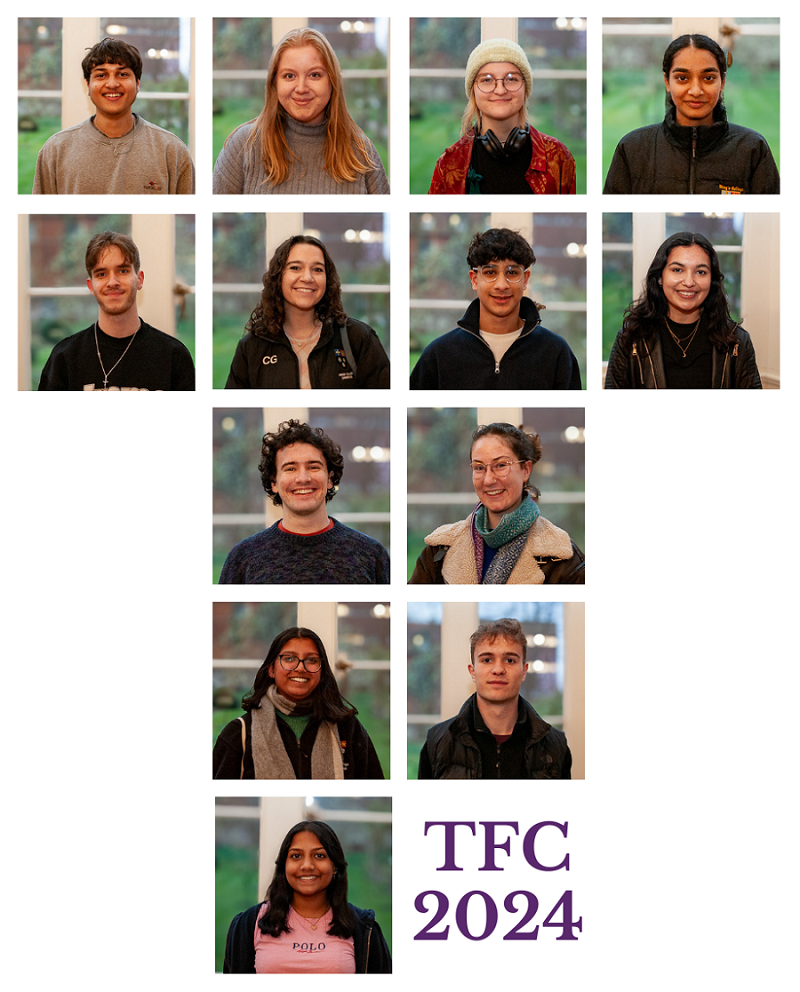
Maynard Keynes in King's College and the General Theory of Employment, Interest and Money (1936)
Background
John Maynard Keynes (1883 – 1946) was perhaps the most important economist and financier of the twentieth century. The Keynesian School of economics shaped macroeconomic theory and practice, and influenced governmental policy for many decades.
His life was intimately connected to King’s College. He came as an undergraduate in 1902 and was a Fellow from 1909 until his death. He was Bursar of the College from 1919, and First Bursar from 1924 to 1946. He married the ballerina Lydia Lopokova in 1925.
In Cambridge Keynes developed his interest in literature in general and specifically in drama; he was crucial in founding and supporting the Cambridge Arts Theatre. He was also a formidable book collector; his manuscript and rare book collection focuses on the intellectual history of Western Europe, especially literature, philosophy and science, and includes manuscripts by Isaac Newton.
As part of the Bloomsbury Group comprising artists, writers and intellectuals, he was close to Roger Fry, Duncan Grant and Vanessa Bell; he was painted by the Bloomsbury artists (the College has a rich collection of portraits of him), but also by others such as William Roberts (Roberts’ famous double portrait with Lydia of 1932 was given by King's College to the National Portrait Gallery in London in 1983). After 1925 with Lydia he put together an important collection of paintings that included works by the Bloomsbury artists and English painters of the first half of the twentieth century, but also canvasses and drawings by Delacroix, Courbet, Cezanne, Renoir, Degas, Seurat, Picasso, Braque and Matisse among others. In the words of his friend George (Dadie) Rylands, “he did not rest satisfied with collecting the famous for his own pleasure, but turned his thoughts to the struggles and potentialities of the young and the unknown”. Keynes’ rare books and art collection were bequeathed to King’s College in 1946.
Keynes also commissioned two schemes of paintings for his College rooms which evidence the changing styles and artistic influences of Duncan Grant and Vanessa Bell in the first decades of the twentieth century. The first set of paintings, the Dancers and Grape Pickers (c. 1910-11), until recently obscured by the second, is by Grant; the second scheme, eight paintings of the Muses of the Arts and Sciences (1920-22) is the joint work of Duncan Grant and Vanessa Bell.
He contributed to the foundation of the London Artists’ Association in 1925; more important was his chairmanship of the Council for the Encouragement of Music and the Arts which, in the words of Mary Glasgow, “fashioned the Arts Council-to-be and laid the foundations of permanent State patronage of the arts in Great Britain”.
In 1936 JM Keynes published The General Theory of Employment, Interest and Money, which caused a revolution in economic thought. His approach highlighted the role played by effective demand as the crucial determinant of the level of economic activity and employment.
The General Theory was first translated into German and Japanese in 1936, into French in 1939, and then into many other languages. For several decades following the publication of the General Theory, Keynesian economic policies were carried out in various countries – successfully, with regard to their achievement of high levels of employment.
Now we are living in a world where deregulation has spread rapidly, particularly in the banking, labour and public sectors, and where finance has become more powerful than ever. Under the name “Neo-liberalism”, pre-Keynesian policies have come back. Why has this happened and what can we expect in terms of economic priorities, particularly employment, if current policies continue?



